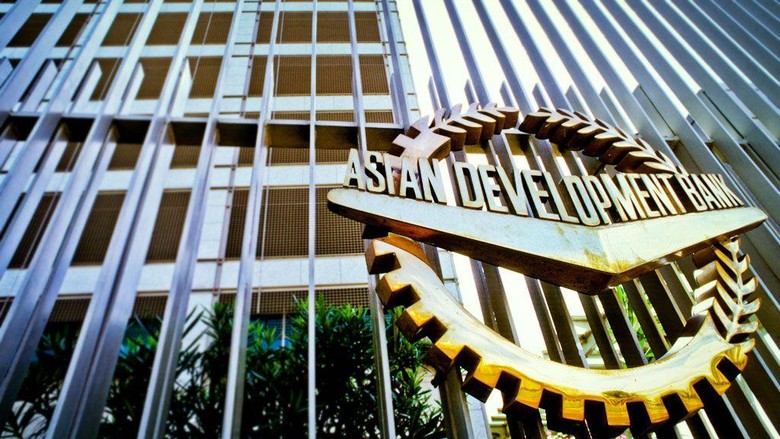
Global efforts to achieve net-zero greenhouse gas emissions can yield substantial economic and social benefits. For developing Asia, these benefits could be 5 times the costs of mitigation, according to a new report from the Asian Development Bank (ADB).
The benefits—including avoided economic losses from climate change, as well as improved health thanks to cleaner air—are achievable through targeted policy reforms, according to the Asian Development Outlook Thematic Report: Asia in the Global Transition to Net Zero, released today.
In a scenario where the world works together immediately to reduce warming to well below 2°C, in line with the Paris Agreement, the costs to the region would be about 1% of gross domestic product (GDP) annually, before even accounting for climate or air quality benefits.
“To make climate policy pay off, we need to adopt economically efficient approaches, such as carbon pricing,” said ADB Chief Economist Albert Park. “This report shows that an efficient transition to achieve the Paris Agreement goals can yield benefits that are as high as 5 times the costs. The world needs to work together to achieve our climate targets and ensure sustainable growth and prosperity that leaves no one behind.”
Asia and the Pacific is at the forefront of the battle against climate change. The region accounts for 70% of the global population at risk from rising sea levels. At the same time, it contributed nearly half of global greenhouse gas emissions in 2019. Meeting Asia and the Pacific’s economic and development goals while avoiding catastrophic climate risk cannot be done without transforming the region’s growth patterns, according to the report.
This transformation requires rapidly replacing coal and other fossil fuels with renewable energy sources, enhancing energy efficiency, and conserving “carbon sinks,” such as forests. As a consequence, a global net-zero approach could save about 350,000 lives a year in Asia and the Pacific by 2030 thanks to reduced air pollution. It could also create 1.5 million additional jobs in the energy sector by 2050.
In a scenario of nearly 4°C of mean global warming by 2100, damage from climate change will rise over time to create a 24% loss in developing Asia’s GDP by the end of the century, the report says.
The report recommends that policy makers focus on three main areas: carbon pricing and subsidy reforms for fossil fuels and land use, regulations and incentives to mobilize finance and promote cleaner energy, and social protection and employment support to ensure fairness.
The report is part of ADO, ADB’s flagship economic publication. ADO April 2023 was released on 4 April and includes economic analysis and insights for 46 economies in Asia and the Pacific.
ADB is committed to achieving a prosperous, inclusive, resilient, and sustainable Asia and the Pacific, while sustaining its efforts to eradicate extreme poverty. Established in 1966, it is owned by 68 members—49 from the region.


























